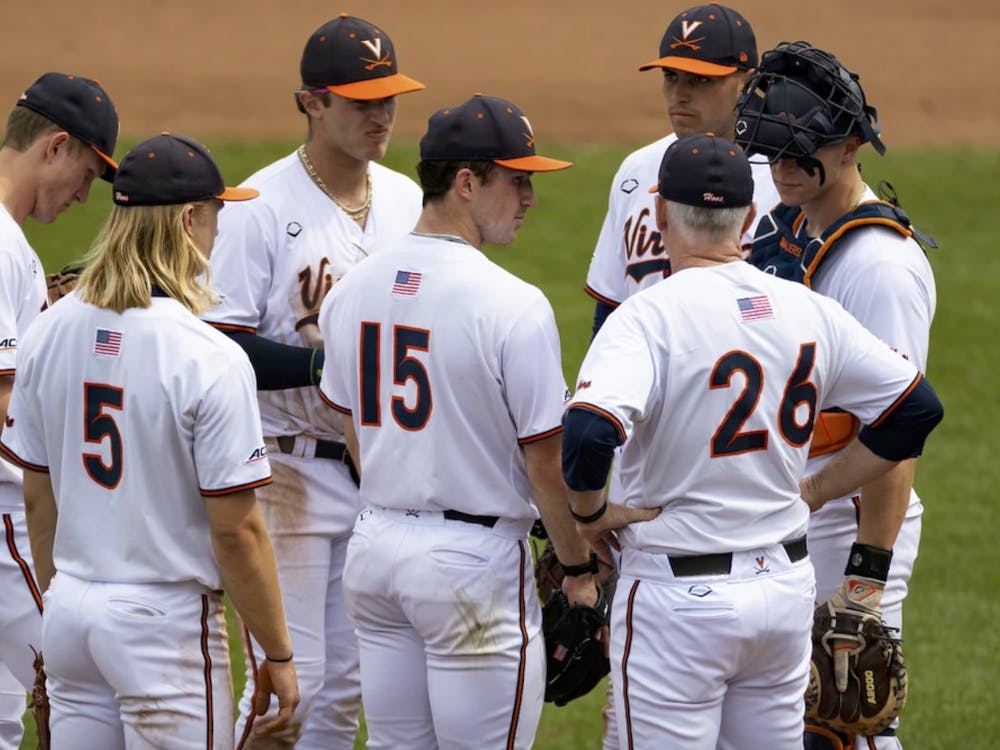Come on, mister. Go ahead, give it a try. If Bill Guthridge - that slow-talking, slow-walking vestige of Dean Smith-dom - could coach North Carolina to two Final Fours in three years, maybe you can too. It can't be that tough. Joe Forte and Jason Capel are coming back, and there's Brendan Haywood, not to mention Jason Parker. That means you'll start with two of the nation's most complete players, college basketball's biggest inside presence and the ACC's top freshman. Come on, mister, if Bill Guthridge could do it, why can't you?
But there were a few things I forgot to mention about coaching in Heel country. First, there's the media, waiting with teeth sharpened, ready to pounce. Then there's the alumni, always wanting more bang for their buck. And always comparing you to Dean Smith, comparing your best player to Michael Jordan and comparing your team to the 1982 champions. Tradition can be a curse. But come on, mister, if Bill Guthridge could handle it, why can't you?
|
Therein lies the rub. He couldn't. Coaching at Carolina is a different world from any other school. It's like trying to compare running for city council to running for the presidency. There's not just the X's and O's, but also the relentless media scrutiny and the constant hounding of fair-weather supporters. In Carolina, basketball is a game of kings, but given the right impetus, the followers will revolt with more fury than mutineers on The Bounty.
Just listen to the language Guthridge used at his resignation press conference and you'll hear the voice of a worn, dreary man: "It was a tough decision for me to make, but I just ran out of energy. I know now how Dean felt three years ago. I'm just exhausted."
All this from a man who was considered by Heel faithful to be little more than a footbridge between the Smith era and the next Carolina dynasty. Sure, Guthridge could have relaxed a bit, maybe gotten more than three hours sleep a night, maybe spent less time travelling cross-country on fatiguing recruiting trips, maybe have taken a break, but when?
There's no break when one day you're travelling for four hours on a bus to a road game that starts at 7 p.m., which means you don't get back to Chapel Hill until 3 a.m. There's no break when your season ends in early April, you have to deal with recruiting the last batch of high school seniors until June, and then recruitment for high school juniors starts in July.
And there's nowhere to hide when every time you turn on the radio, there is your name, being dragged through the mud alongside Linda Tripp and Janet Reno and every time you turn to the local paper's sports page, somebody is writing that your best career move would be retirement.
Even Mike Krzyzewski, who has always seen any scrutiny of the Duke program deflect off him and onto his players, got tired of the nonstop second-guessing and litany of work demands. After being a man who could never say "no" to a media request or an Olympic coaching position, Krzyzewski broke down with a bad back, stress and exhaustion in January 1995.
The words Krzyzewski spoke back then are eerily reminiscent of the ones Bobby Cremins used in February when he resigned from Georgia Tech and the ones Guthridge spoke last week: "My time at Duke was the best ever, but we had been to seven Final Fours in nine years and won two national championships. That takes a toll and I was drained emotionally."
Yes, there are good times. Certainly, Guthridge had one at the Final Four, but oftentimes they aren't enough to overcome the continuous stress that comes with coaching in today's world of college basketball. It's a place where if you do well, it will canonize you. But if you fail, it will fry you.
And that's a fate I wouldn't wish on Roy Williams, Eddie Fogler or anyone else, enemies included.






